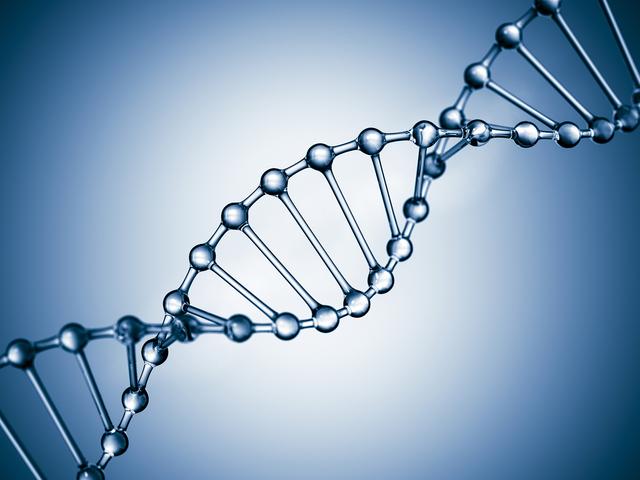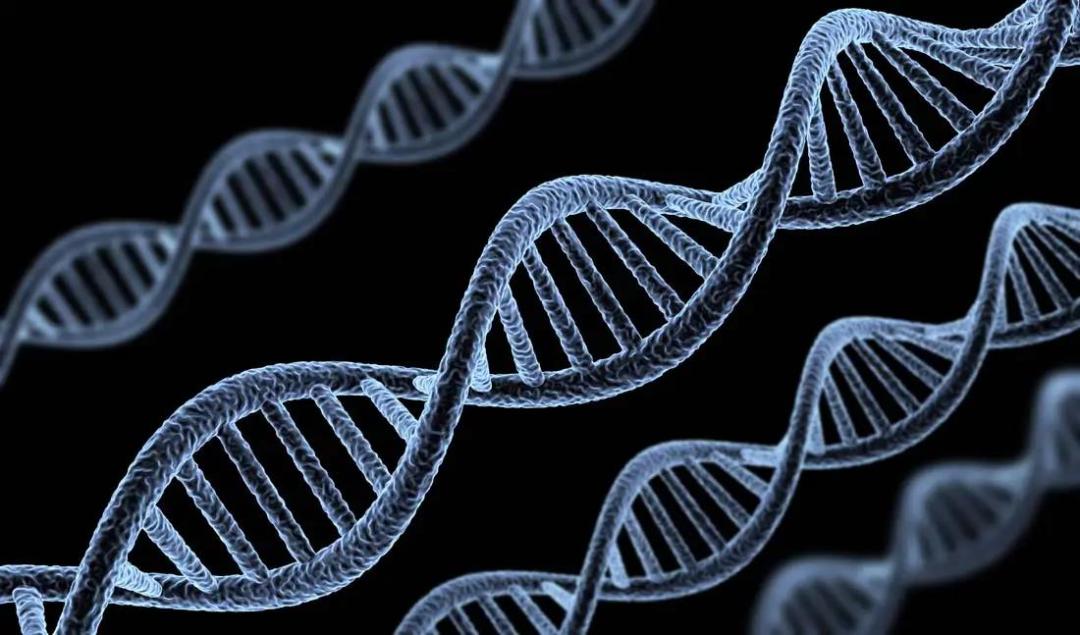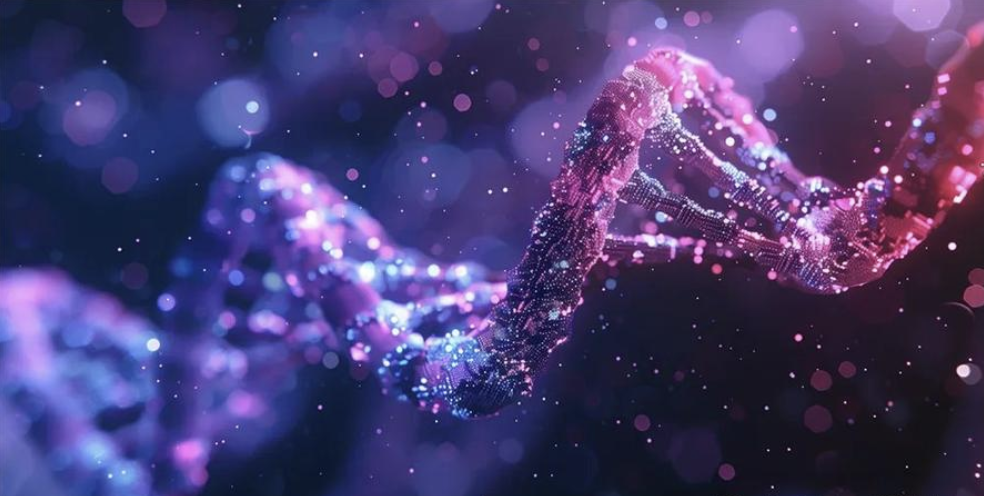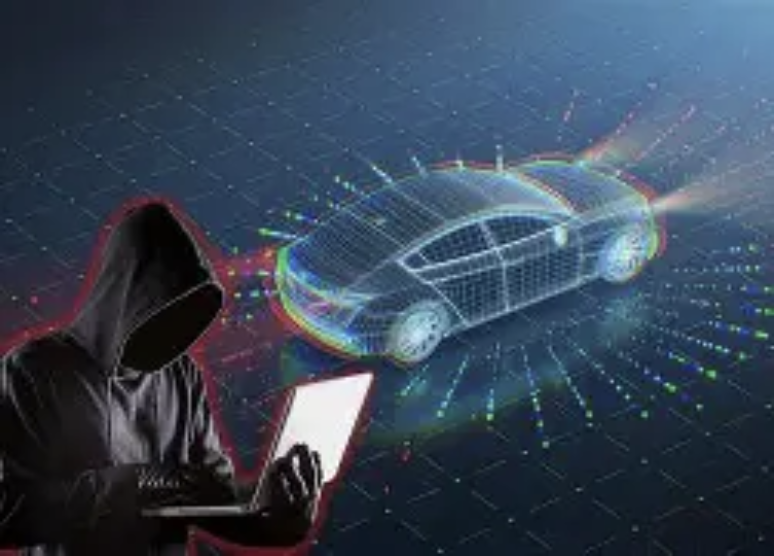DNA Sequencing Machines: Decoding Your Life
Have you ever thought about how your body is like a thick book, with every cell containing vast amounts of information that determine what you look like, what flavours you enjoy, or even how prone you are to catching a cold? This information is buried so deep that even with a magnifying glass, you wouldn’t be able to see it. Fortunately, with the advent of DNA sequencing machines—a "magical decoder"—we can now read this "book of life."

DNA sequencing, in simple terms, is the process of using a high-tech machine to "read" our DNA (our "genetic code"). Just like borrowing a book from the library and finding the author’s name on the first page, a DNA sequencing machine can "flip open" your genetic information through a series of complex processes and reveal the health, personality, and hereditary secrets hidden within your genes.
At first glance, a DNA sequencing machine may look like an ordinary machine—perhaps similar to that unremarkable printer in your office—but it is far from ordinary. It is a highly sophisticated "mine sweeper," capable of accurately identifying potential "mines" within your DNA.
When a DNA sequencing machine begins to work, it’s like opening an incredibly complex cypher book, where each code is composed of four letters. The machine’s task is to assemble these letters into meaningful "sentences." Imagine opening a mysterious encrypted message with jumbled letters—sequencing technology allows you to reorganise these letters into coherent sentences, ultimately uncovering the secrets within.

DNA sequencing isn’t just about answering the question, "Where do I come from?" It can help us learn much more about health and heredity. Did you know that everyone’s DNA is unique, like a one-of-a-kind ID card? This genetic "ID" determines your hair colour, eye size, whether you’re prone to food allergies, and even whether you’re more likely to develop certain diseases in the future. Receiving DNA sequencing results is akin to finding a "personalised health manual" that can sometimes even pinpoint your body’s "weak spots," giving you tailored health recommendations.
This technology is paving the way toward an era of precision medicine, where treatments are no longer "one-size-fits-all" but instead become tailored solutions. In the future, when you visit the doctor, they may prescribe medication based on your symptoms and recommend the most suitable drugs and treatments based on your genetic results. It’s almost like being handed a custom "health credit card."
Beyond healthcare, DNA sequencing machines are also making their way into more "everyday" areas. For example, the modern beauty industry is now focusing on the impact of genetics on skin, hair, and other factors. Some brands even offer genetic testing services that provide personalised skincare solutions based on your genetic traits. If your skin’s genetic profile shows a tendency toward dryness, you could choose products specifically designed for dry skin rather than experimenting with various popular "miracle creams" on the market.
DNA sequencing is no longer a cold, lab-bound technology reserved for scientific research—it has entered our daily lives, serving as a "password book" to understand ourselves better and a "detective" to uncover potential health risks.

Today, advancements in DNA sequencing technology allow us to understand ourselves more deeply, identifying the "genetic factors" we cannot change and the aspects of health management we can control. A DNA sequencing machine acts like a "brilliant detective," travelling back and forth through our genes, unlocking one "secret" after another.
Imagine a future where we might perform DNA sequencing annually, flipping through a health journal that details every aspect of our body.
(Writer:Cily)


